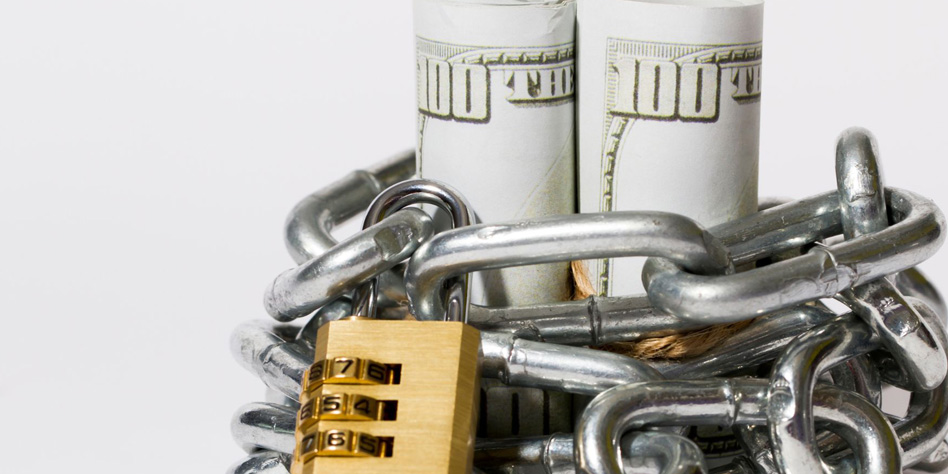
The rise of digital assets has attracted legitimate investors and cunning cybercriminals adept at manipulating human psychology. Social engineers exploit human emotions and trust to deceive individuals into revealing sensitive information or taking actions they wouldn't otherwise. Scammers might play on emotions like fear, greed, or curiosity to manipulate their targets. For instance, they might pose as tech support agents claiming a security issue with your Monero wallet, inducing fear and urgency to prompt you to share your private keys or login credentials. Fraudsters might impersonate a friend or family member in need, capitalizing on your trust to convince you to send them XMR.
Social engineering schemes
Scammers employ various psychological tactics to manipulate their victims. These are the most common social engineering techniques they use:
— Phishing is a deceptive tactic where scammers impersonate trusted entities, often through emails or websites that appear legitimate. They aim to trick users into revealing sensitive information like private keys or login credentials. In Monero wallet scams, phishing can lead users to fake wallet sites where their assets are stolen.
— Impersonation is when scammers pose as someone trustworthy, like Monero wallet support representatives or well-known figures in the cryptocurrency space. They gain victims' trust and trick them into sharing private information or sending funds.
— Baiting lures victims with the promise of a reward or enticing content, such as a free Monero wallet download or cryptocurrency giveaway. Once victims take the bait, they unknowingly install malware on their devices, compromising their wallet security.
— Quid pro quo happens when scammers offer something of value in exchange for sensitive information. For instance, they might promise to help set up a Monero wallet but ask for private keys or login details in return.
— Scareware manipulates users' fears by displaying alarming messages about security threats or legal issues related to their Monero wallet. Victims are coerced into taking actions like downloading malicious software or revealing their wallet details to resolve fictitious problems, putting their assets at risk.
Keeping your XMR wallet and yourself safe
Scammers continually employ cunning tactics to exploit human psychology and trust, putting your assets and sensitive information at risk. Here are some effective strategies to shield yourself from these threats:
1. Verify the source.
Always verify the identity of the person or entity contacting you, especially if they request sensitive information or financial transactions. Use official contact information obtained from reputable sources rather than relying on unsolicited messages.
2. Beware of urgency.
Scammers often create a sense of urgency or panic to rush you into making hasty decisions. Take a step back, remain calm, and carefully evaluate the situation before acting.
3. Double-check URLs.
Before clicking on any links, double-check the URL to ensure it matches the official website. Fraudulent websites may have subtle misspellings or variations that are easy to overlook.
4. Enable two-factor authentication (2FA).
Activate 2FA wherever possible, as it provides an additional layer of security. Even if a scammer obtains your login credentials, they won't be able to access your account without the second authentication factor.
5. Never share private keys.
Your Monero wallet's private keys should remain confidential. No legitimate service or support representative will ever ask for them. Be extremely cautious if someone requests your private keys or recovery phrases.
6. Use a secure wallet.
Choose a reputable, well-vetted Monero wallet with a history of security and strong privacy features. Research the wallet thoroughly and download it from official sources only.
7. Educate yourself.
Stay informed about common social engineering tactics and scams. Awareness is your best defense against falling victim to these schemes.
8. Secure your computer.
Keep your computer and antivirus software up-to-date to protect against malware and other online threats. Regularly scan your system for potential vulnerabilities.
9. Question unexpected offers.
Be skeptical if you receive unsolicited offers, especially those promising financial gains or assistance. Verify the legitimacy of such offers through official channels.
10. Seek expert advice.
If you're unsure about the authenticity of a message or offer, consult with trusted friends, family members, or cybersecurity experts. It's always better to seek guidance before taking action.
You can reduce your vulnerability significantly by staying informed about these tactics and implementing proactive security measures. The financial and emotional impact of falling victim to social engineering scams can be severe, leading to significant losses and distress. Maintaining vigilance and a healthy skepticism when online interactions seem suspicious is vital. Adopting a cautious and proactive approach is necessary to protect your Monero assets and personal information.
